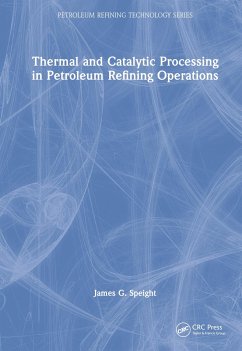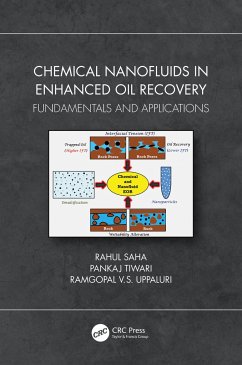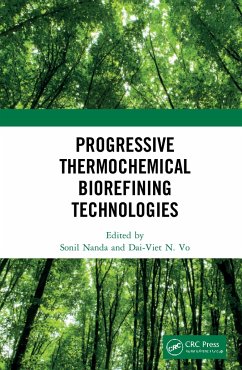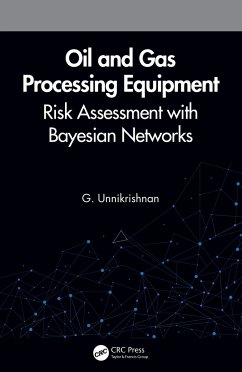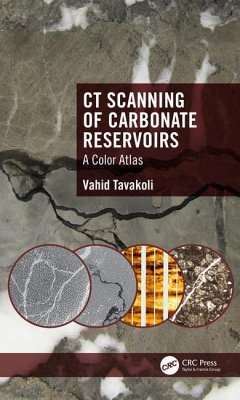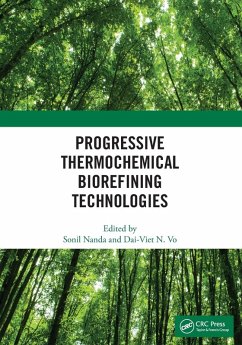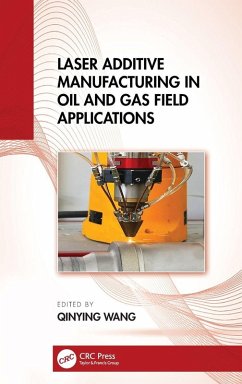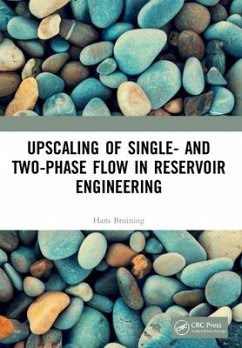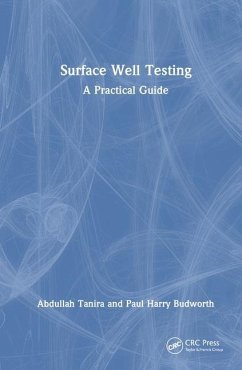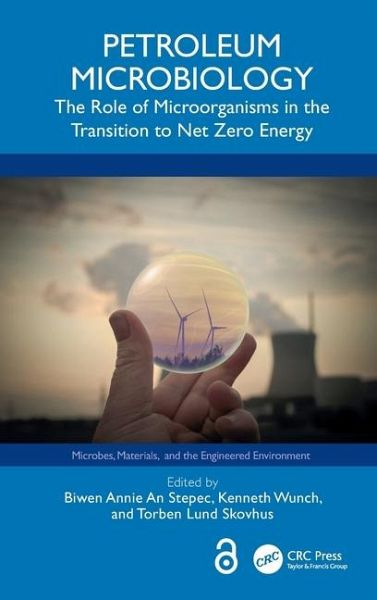
Petroleum Microbiology
The Role of Microorganisms in the Transition to Net Zero Energy
Herausgeber: An Stepec, Biwen Annie; Skovhus, Torben Lund; Wunch, Kenneth
Versandkostenfrei!
Versandfertig in 1-2 Wochen
148,99 €
inkl. MwSt.
Weitere Ausgaben:

PAYBACK Punkte
74 °P sammeln!
The role of the microbiome and its potential impact on future energy systems remains an open question. Petroleum Microbiology: The Role of Microorganisms in the Transition to Net Zero Energy explores technological advances in applied microbiology in the oil and gas sector that can be utilized in its transition to renewable energy systems.





